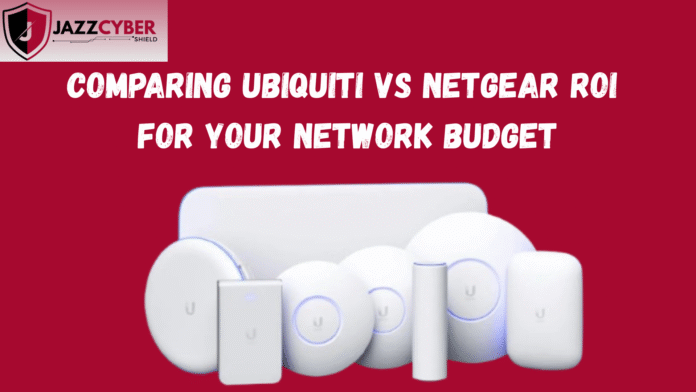Cost of networking hardware is important. But most importantly, it is the long-term value that buyers should consider. One of the common questions these buyers ask is “Is Ubiquiti worth it compared to Netgear?”. Both companies manufacture very powerful routers, switches, and access points. However, their prices, features, and ROI differ. This guide therefore helps in comparing Ubiquiti vs Netgear and guides you to make an assessment that perfectly suits your network and/or budget.
Brand Overview: Ubiquiti vs Netgear
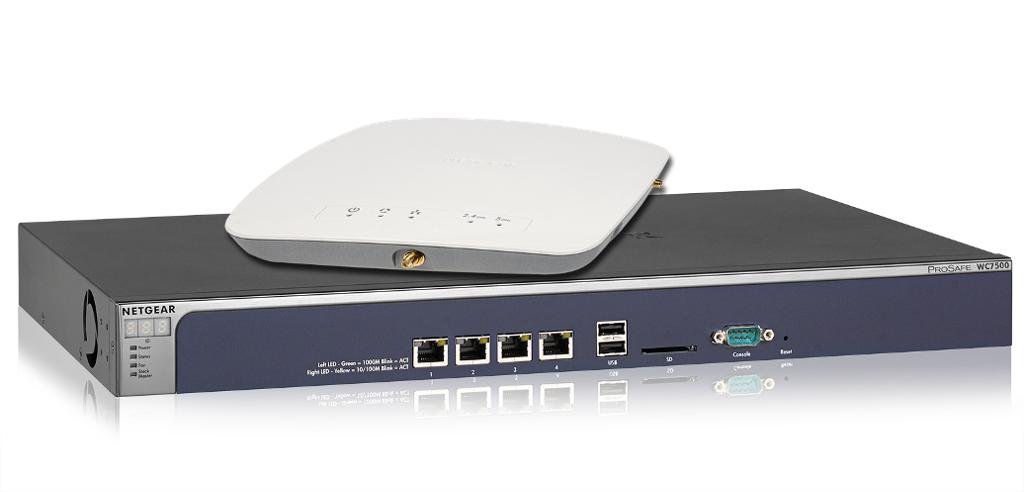
But unlike Netgear, which is more of a general brand for home and small business users alike, Ubiquiti focuses on prosumers, IT admins, and growing businesses. Ubiquiti offers products under the UniFi and EdgeMax lines.
Hardware Features and Performance
Ubiquiti renders enterprise-grade hardware for centralized management, VLANs, advanced firewalls with PoE. More importantly, this device offers multi-gigabit speeds which would be very beneficial for its office and warehouse settings.
Netgear proves to be good with high-end consumer equipment and SOHO installations. For example, its Nighthawk routers provide amazing speed for gaming and streaming. In addition, they can usually set up Netgear business switches with much less hassle than Ubiquiti.
But Ubiquiti, in general, did much better on the scalability factor. Further, Ubiquiti gives much more freedom in controlling larger networks, thereby maximizing long-term ROI.
Ease of Setup and Management
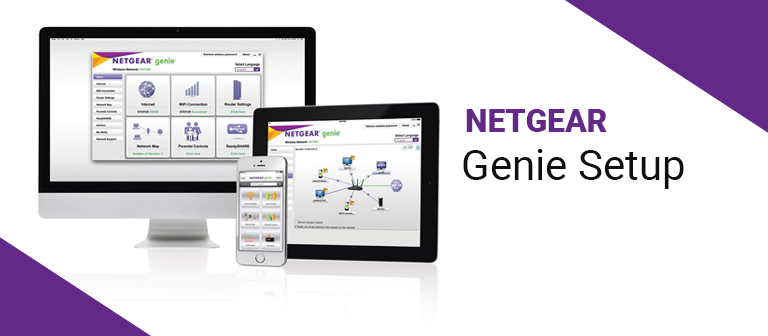
Setup is a strong suit of Netgear. Routine work applies out of the box for its routers and switches. More so, configuring things is very suddenly easy with its mobile apps.
Ubiquiti requires some minimum knowledge for setup; however, once installed, everything can be monitored and accessed remotely through the UniFi Controller. Reduced maintenance costs result from centralized management in the long run.
Hence, for a beginner, Netgear will work wonders but for an admin possessing multiple sites and devices to manage, Ubiquiti might prove more beneficial.
Pricing Comparison
There are comparisons that show that Netgear is actually cheaper when it comes to upfront pricing. You can find practically any good Netgear router or switch for less than half the cost of a Ubiquiti device, therefore the direct cost comparison. In addition, because of the plug-and-play design, Netgear needs no extra setup expenses.
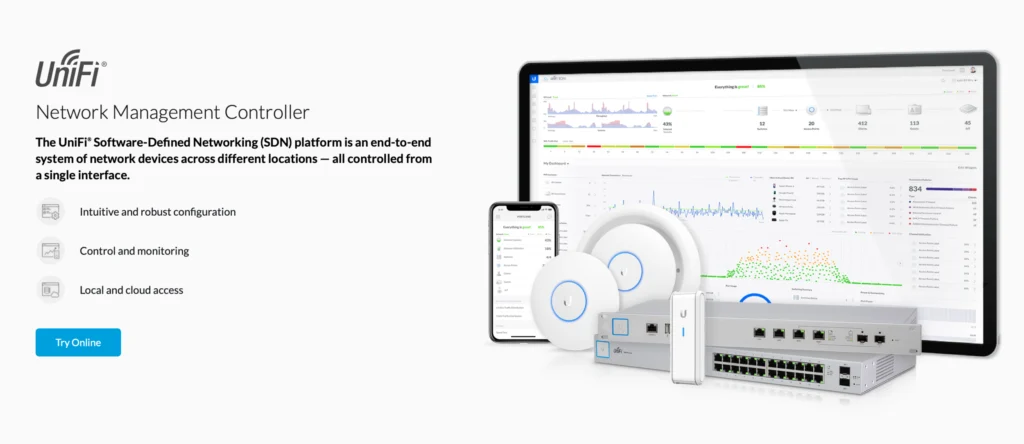
Ubiquiti, though, offers better savings in the long run it saves the customer from purchasing any controller software, does not charge for licenses, and adds capacity for several devices on the same platform, all of which continue to contribute customers to reduced operational costs with an improvement in return on investment (ROI).
Support and Firmware Upgrades
Netgear offers good support services for consumer products. Existing models receive firmware updates less frequently. Furthermore, advanced support tends to be charged.
Ubiquiti users have a very lively and vibrant community, which leads to very frequent firmware updates. Although most support is forum-based, there are excellent documents. Furthermore, all the new features for UniFi are added, free of charge.
Thus, per dollar spent, one gets more from Ubiqiti than the United States when it comes to ongoing improvements.
Scalability and Use Case Fit
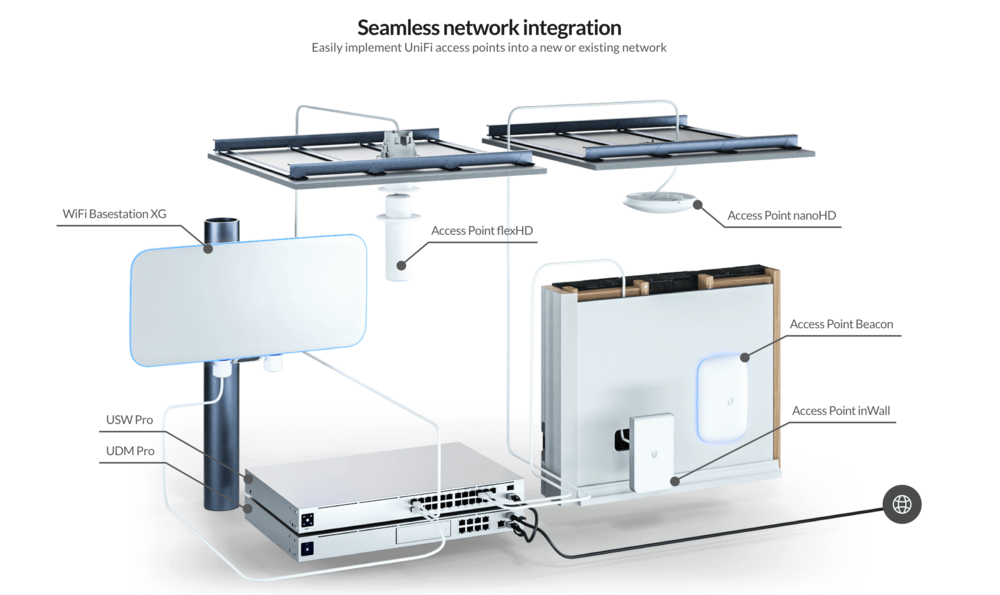
For home users or those with a small setup, Netgear would work best. It’s less expensive, easier, and with just enough speed for casual use. For scaling businesses or remote network managers, Ubiquiti is worth the investment.
Ubiquiti also serves better for hybrid workforces. It provides remote device control, suitable for IT admins assisting distributed teams. Therefore, Ubiquiti tends to be a preferred solution by many MSPs and IT consultants for multi-site installations.
Final Verdict: Who Gives More Return?
In the long run, Ubiquiti provides more ROI for business-minded individuals, IT admins, and advanced users. It provides scalability, central control, and operational costs reduction. In comparison, Netgear – a home-user and small-office-oriented networking gear – is easy, fast, and budget-friendly.
Thus, it depends on your use case. If upfront costs are more critical, choose Netgear. However, if longevity and control are paramount, Ubiquiti is worth every dime.



